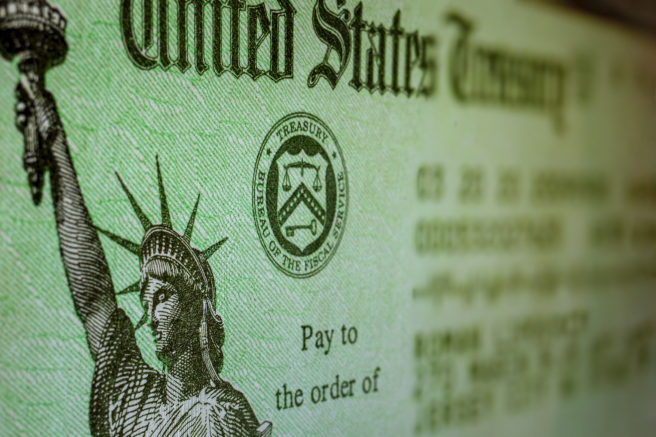
On November 22, 2023, the Financial Crimes Enforcement Network (“FinCEN”), in close coordination with the Internal Revenue Service (“IRS”) Criminal Investigation (“CI”), issued an alert (“Alert”) regarding the COVID-19 Employee Retention Credit (“ERC”). The Alert echoes the FinCEN’s previous Notice on payroll tax evasion and workers’ compensation fraud in the construction sector, which was similarly issued by FinCEN in coordination with IRS CI, which has established itself as one of the primary “consumers” of Bank Secrecy Act (“BSA”) reports filed with FinCEN.
Since 2020, IRS CI has investigated more than $2.8 billion of potentially fraudulent ERC claims. The Alert indicates that ERC fraud occurs when fraudulent claims are filed using shell companies or existing but ineligible businesses to pay for personal expenses upon receipt of the credit. The fraud also occurs when businesses are “duped” into filing for the ERC by a third-party, who often provides the business with misinformation about program qualifications and takes a fee to help the business file a claim for the ERC.
Continue Reading FinCEN Issues Alert on COVID-19 Employee Retention Tax Credit Fraud
 Today, the Financial Crimes Enforcement Network (“FinCEN”) issued a
Today, the Financial Crimes Enforcement Network (“FinCEN”) issued a  The Financial Crimes Enforcement Network (“FinCEN”) issued on February 24, 2021 “an [A]dvisory to alert financial institutions to fraud and other financial crimes related to Economic Impact Payments (EIPs), authorized by the Coronavirus Aid, Relief, and Economic Security (CARES) Act, and the Coronavirus Response and Relief Supplemental Appropriations Act of 2021.” The
The Financial Crimes Enforcement Network (“FinCEN”) issued on February 24, 2021 “an [A]dvisory to alert financial institutions to fraud and other financial crimes related to Economic Impact Payments (EIPs), authorized by the Coronavirus Aid, Relief, and Economic Security (CARES) Act, and the Coronavirus Response and Relief Supplemental Appropriations Act of 2021.” The  Providing yet more proof that anything positive can be twisted into something negative, the Financial Crimes Enforcement Network (“FinCEN”) released a
Providing yet more proof that anything positive can be twisted into something negative, the Financial Crimes Enforcement Network (“FinCEN”) released a  In the wake of the ongoing pandemic, various charities have been created with mission statements specific to COVID-19. What seems like an opportunity for giving back may present yet another vehicle for fraud to money launderers and other fraudsters.
In the wake of the ongoing pandemic, various charities have been created with mission statements specific to COVID-19. What seems like an opportunity for giving back may present yet another vehicle for fraud to money launderers and other fraudsters. Advisory Suggests that COVID-19 Pandemic Exacerbates Conditions Contributing to Trafficking
Advisory Suggests that COVID-19 Pandemic Exacerbates Conditions Contributing to Trafficking On October 13, the Financial Crimes Enforcement Network (“FinCEN”) issued a
On October 13, the Financial Crimes Enforcement Network (“FinCEN”) issued a 
 AML Standards May Exist in Theory, But Often are Not Enforced in Practice
AML Standards May Exist in Theory, But Often are Not Enforced in Practice
 Dr. Kateryna Boguslavska
Dr. Kateryna Boguslavska The Financial Crimes Enforcement Network (“FinCEN”) just issued yet another Advisory regarding fraud threats faced by financial institutions, as exacerbated by the COVID-19 pandemic. This Advisory pertains to “
The Financial Crimes Enforcement Network (“FinCEN”) just issued yet another Advisory regarding fraud threats faced by financial institutions, as exacerbated by the COVID-19 pandemic. This Advisory pertains to “